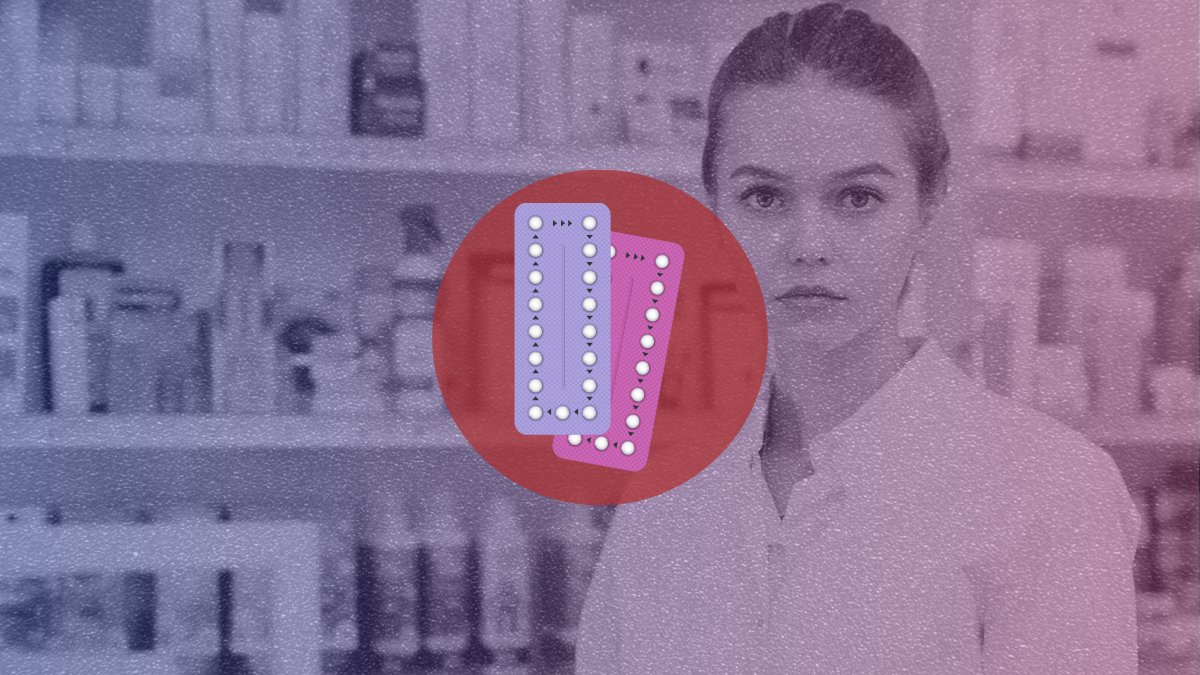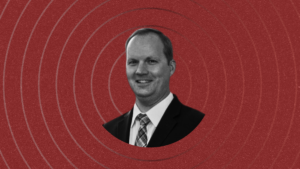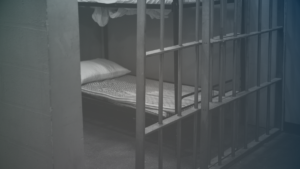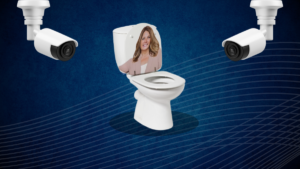Source: .NC. Health News
After House Bill 96 went into effect in February 2022, pharmacists in North Carolina gained the ability, after training, to provide hormonal contraceptives without a doctor’s prescription to both adults and minors who have parental consent. Now almost two years later, more than 1,300 pharmacists across 91 counties have been trained to become birth control providers, and more than 1,000 additional pharmacists have registered to receive training, according to Mollie Scott, regional associate dean at the UNC Chapel Hill Eshelman School of Pharmacy.
The state Board of Pharmacy has been instrumental in getting pharmacists trained, pledging to pick up the cost for up to 6,000 pharmacists to receive training through the end of April. Apart from training costs however, health officials identified another barrier to implementation – pharmacies receiving insufficient reimbursement for providing the service.
“Community pharmacies were very eager to do this work, but they’re also small businesses, and they need to have sustainable financial models to be able to take time away from filling prescriptions and step into that counseling and education space to work with the patient to figure out what is the best contraceptive that meets their health care needs,” Scott said.
As a result, the N.C. Department of Health and Human Services (DHHS) has started enrolling pharmacists as Medicaid providers and paying for contraceptive counseling services provided in pharmacies.
Health officials hope this policy change both makes the practice more sustainable for pharmacies, and also increases contraception access for Medicaid members.
Angela Smith, director of pharmacy and ancillary services at NC Medicaid, noted that with this change, Medicaid members can walk into a pharmacy offering pharmacist-prescribed contraception and leave the same day with up to a year’s supply of birth control in hand – with zero out-of-pocket costs.
It will be a critical step in combatting contraceptive deserts, or areas that lack reasonable access to a health center that offers the full range of contraceptive methods, such as an OBGYN’s office or a community health clinic. Currently, more than 630,000 women in North Carolina are estimated to live in a contraceptive desert, according to the nationwide pregnancy prevention advocacy group Power to Decide.
Betsey Tilson, state health director, noted that pharmacies have the potential to fill critical gaps to contraception access. “More than 50 percent of our pregnancies are unintended. And so by decreasing that, we can improve our maternal and health outcomes and can also improve [the] economic stability of our families,” Tilson said.





